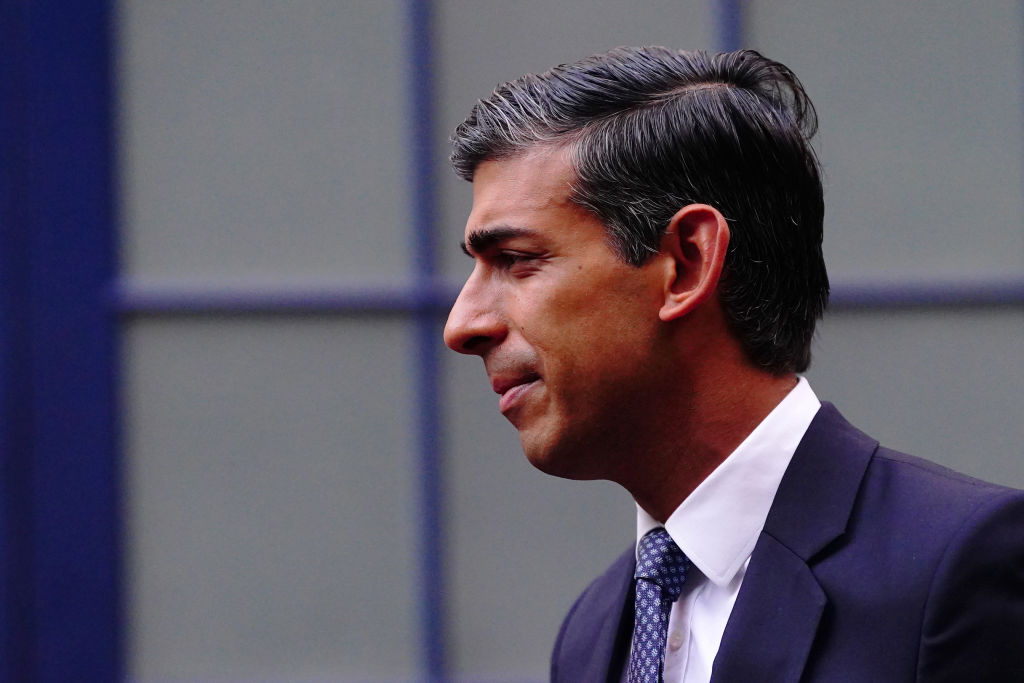I want to thank Adam Martin for writing not one, but two thoughtful responses to my essay “Reevaluating the Influence of James Buchanan on Libertarian Thought.” I will respond soon to his post about social welfare functions and debt. For now, I would like to take this opportunity to clarify one link in my essay and then elaborate a bit further on how I think Austrian economists may have been led astray in their understanding of opportunity cost.
First, Martin criticizes me for citing Murray Rothbard whom he claims is not a follower of James Buchanan. I’ll defer to Martin on this matter. The link was included because Rothbard’s description of the cost concept succinctly captures a view that is fashionable among Austrian economists today. That view says that cost is a fleeting, psychological phenomenon that cannot be measured.
Having spent more than a decade working at George Mason University’s Mercatus Center and having earned my doctorate at GMU, I have had many interactions with individuals in the Austrian economics community who hold this perspective of cost or some version of it. Moreover, I find they often point to James Buchanan as a source of inspiration on this topic.
Certainly, there were better citations I could have chosen. As I stated in the original piece, I believe Buchanan’s actual position on this issue was somewhat nuanced (which is also a theme of Martin’s response to me). It is true, for example, that Buchanan would certainly have acknowledged that our decisions can impact the real economy. But no one would deny this.
Buchanan himself defined cost at times in a manner almost identical to the selected quote from Rothbard. Despite his many caveats, Buchanan has written quite clearly that cost is only born by the decisionmaker, is psychological, cannot be measured, and is instantaneous. At a minimum, Buchanan provides legitimacy to a perspective of cost that I see as little more than an economic fallacy.
It is simply untrue that cost is a fleeting, psychological phenomenon. The act of choosing is fleeting and psychological, but that is not cost. That is choice, a completely different concept. Is it so far-fetched to think that the Nobel laureate author of a book titled, Cost and Choice, who espouses a version of this subjectivist argument, might have significantly contributed to Austrian economists conflating cost and choice?
I don’t doubt that other individuals, including Rothbard and perhaps Ludwig Lachmann and others, helped lead Austrian economists down this intellectual cul-de-sac. But they weren’t Nobel Prize winners and they didn’t have the mainstream legitimacy that Buchanan had.
I suspect one of the reasons Austrians followed this unfortunate dead end path is that they are misled by the definition of opportunity cost, so I’d like the spend some of this post exploring this idea, since I think it might provide clarity.
If you open up a textbook, it will often state that opportunity cost is “the value of next best alternative use” of something. But this definition is arguably incorrect. At best, it is misleading, because it constitutes a special case.
Opportunity cost is the difference between what would happen as a result of taking some action and what would occur otherwise. If under scenario A, a factory produces 100 widgets, and under scenario B it produces 95 widgets, the opportunity cost of an action that moves the factory from scenario A to scenario B is 5 widgets. The cost is not 1,000 widgets that might have been produced in some hypothetical scenario C.
Opportunity cost is an objective fact about the world. It involves comparing two moving pictures. It is hard to get our fingers around, because to grasp it we have to understand a counterfactual and our relation to it. But opportunity cost is not subjective. It is both real and quantifiable.
Austrian economists may be thinking of cost as the very best conceivable use of resources, which might be a matter of opinion that differs from person to person. But this is not a very useful definition because the idealized situation it describes doesn’t conform with the state of affairs that would in reality be foregone as a consequence of making some choice.
When I decide what to do with my day, I might have a hundred different options. But when I choose to go to the park, there’s only one option that consists of what I would have done otherwise. Maybe I would have taken a nap. That’s the cost. The opportunity cost of me going to the park is foregoing one nap. It’s not me travelling all over the world or writing some classic work of fiction. Maybe those are better conceivable uses of my time than napping, but those are not what would have transpired and therefore they are not the relevant counterfactual for comparison.
This “would have vs. could have” ambiguity was written about clearly in the early writings of Martin Feldstein. All these years later, I suspect opportunity cost continues to create confusion because the models economists employ assume conditions of optimality. In such models, the most likely alternative to some state of affairs is the next best optimum. But in the messy real world, with all its flaws and imperfections, what would have happened otherwise is not the very best alternative.
In this sense, the famous quote from Milton Friedman that, “there is no such thing as a free lunch” is not really correct. Free lunches are everywhere. When a regulator engages in a review of his existing rules to assess their effectiveness, the opportunity cost of his time may well be that he would have used it to issue yet another inefficient rule. In that case, the review is better than a free lunch. Society is better off by one fewer bad regulation, even if the review itself achieves no benefits.
Finally, with respect to the claim that I supposedly think “radical subjectivism commits one to a rosy view of government policies,” I would put it slightly differently. There is an important role for economists to play in measuring costs. Without solid costs estimates, all manner of terrible public policies are likely to be enacted that we might not get if the costs were made transparent. In my experience, many Austrians consider such endeavors a waste of time. (In this respect, Buchanan’s advice to economists may be yet another area where he has helped lead Austrians astray. But alas, that is a topic for another day.)
If there is a danger of a particular view of cost threatening our liberties, it comes from those who downplay the importance of costs by portraying them as merely psychological and who discourage talented individuals from engaging in cost measurement. Costs involve all too real consequences. Fortunately, economists have the tools they need to cast a light on the unseen.
















